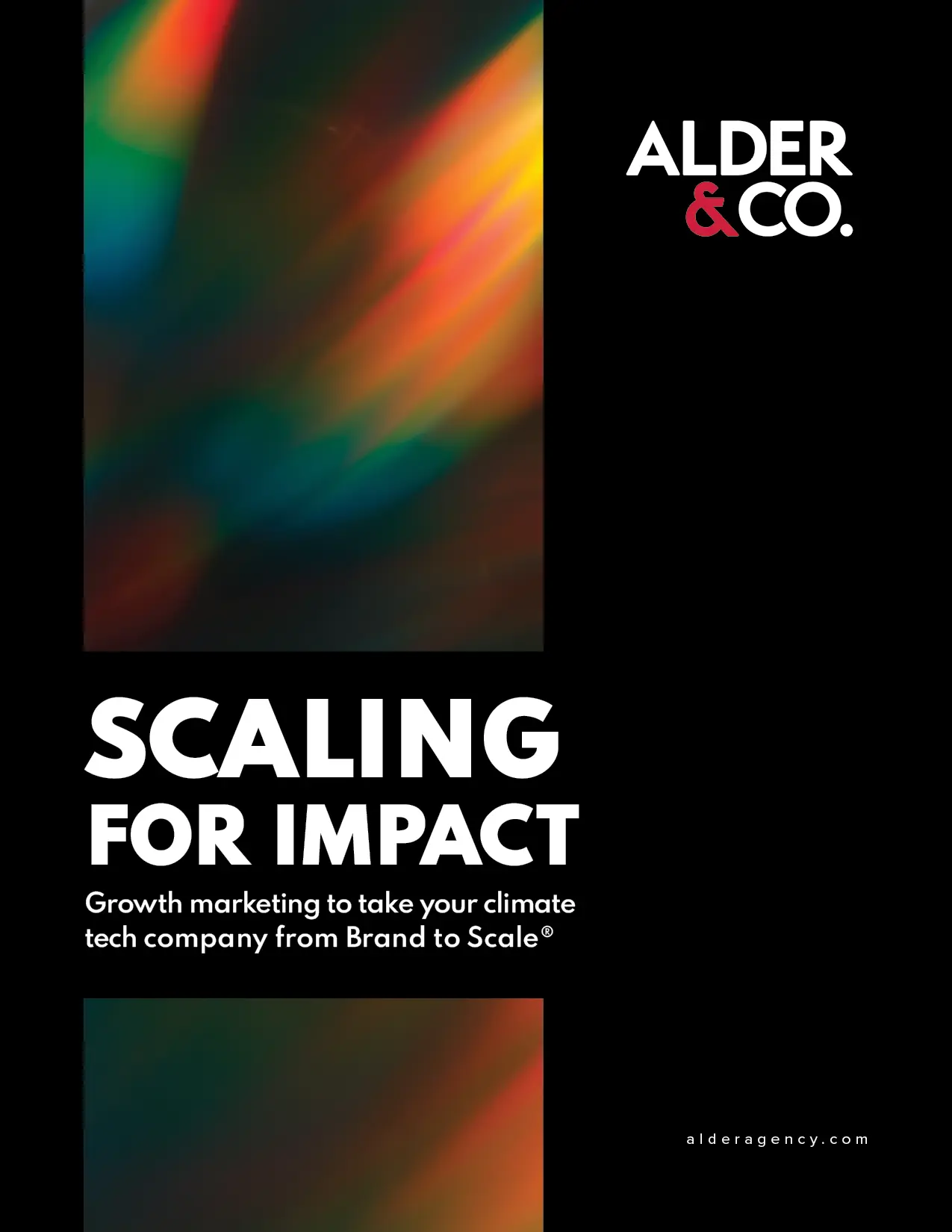
The hype around generative AI is still going strong. While consumers have found abundant ways to use the technology, businesses are still looking for ways to generate ROI. With the rise of independent AI agents, that concern may be coming to a close.
Unlike large language models (LLM) such as ChatGPT, which require human input for every output, agentic AI can work autonomously in pursuit of specific goals. That’s because they’re not just focused on writing content or generating images, but making decisions. Once a goal is defined, AI agents can pursue multiple tasks in sequence, choosing the optimal pathway to the desired outcome.
Agentic AI’s ability to pursue complex, multi-step objectives based on simple commands makes them far more capable than existing generative AI models. A recent piece in the Wall Street Journal outlines five ways that companies are already using these systems. Reading it got us wondering – how could these agents play a role in climate tech?
Agents of Discovery
One fascinating example from the Journal piece is Deutsche Telekom, which is using an AI agent as a knowledge hub for their team’s questions. According to the article, about 10,000 employees use the Agent each week, asking it to track down information about benefits and internal policies, or details on specific products and services. They’ve even begun a trial where the agent can perform simple tasks for their staff, like submitting PTO requests via HR software.
There’s an obvious use case here for marketers, and for climate tech marketers especially. While we tend to develop a deep understanding of the products and services we’re selling, we’re still not engineers or technical experts. Having a responsive source or information about complex product features is invaluable. It’s easy to imagine asking an agent for specific ways a product feature supports a key benefit, for one example.
There’s also a clear opportunity to take things a step further and empower AI agents to handle small marketing tasks themselves. Think of them as the next evolution of CRM automations. Instead of just checking tasks off a list, agents could analyze multiple data points to create specific account-based marketing opportunities. There’s even the potential for them to uncover new ways of segmenting an audience entirely by noticing atypical patterns a human operator might not look for.
Optimizing Outreach
Another sector where AI streamlining could deliver major benefits is home energy efficiency. Currently, efficiency upgrades like heat pumps are mostly driven by consumer outreach or contractor recommendations. AI agents could change that by working through sales, utility, and property data to identify homes well-suited for upgrades.
By tracking down information like date of last HVAC install, electrical panel capacity, and usage patterns, they’d be able to pinpoint homes that are ready for new equipment, have the ability to go electric, and would reap savings by doing so. Finding, cross-referencing, and analyzing this much data with human labor would be cost-prohibitive. It’s simply too much work. Turning it over to AI, especially AI agents that can write their own code to simplify the process, cuts costs dramatically, making it a potentially viable channel for customer acquisition.
An Agent Will See You Now
It’s important to remember that AI agents are still a new technology. The companies mentioned in the Journal article are explicitly cited as early adopters. These potential implementations are exciting, but there’s no guarantee that they’ll pan out. Remember, everything agents do and say is still powered by LLMs. That means that, just like ChatGPT, AI agents are prone to hallucinations, misunderstandings, and other errors. Their work needs to be supervised and checked by a human employee.
It’s also worth pointing out the generative AI’s impact on the environment. The data centers that power generative AI use massive amounts of energy. If the expansion of data centers and AI slows or prevents the transition away from fossil fuels, they could still prove detrimental to the fight against climate change as a whole.If the numbers and the technology work out, however, they could provide a massive boost to the development and adoption of climate-smart solutions. Do you have any ideas for how climate tech companies could implement AI agents? How do you feel about generative AI’s ability to support the climate movement? Send us an email or let us know on LinkedIn–we’d love to hear from you.


